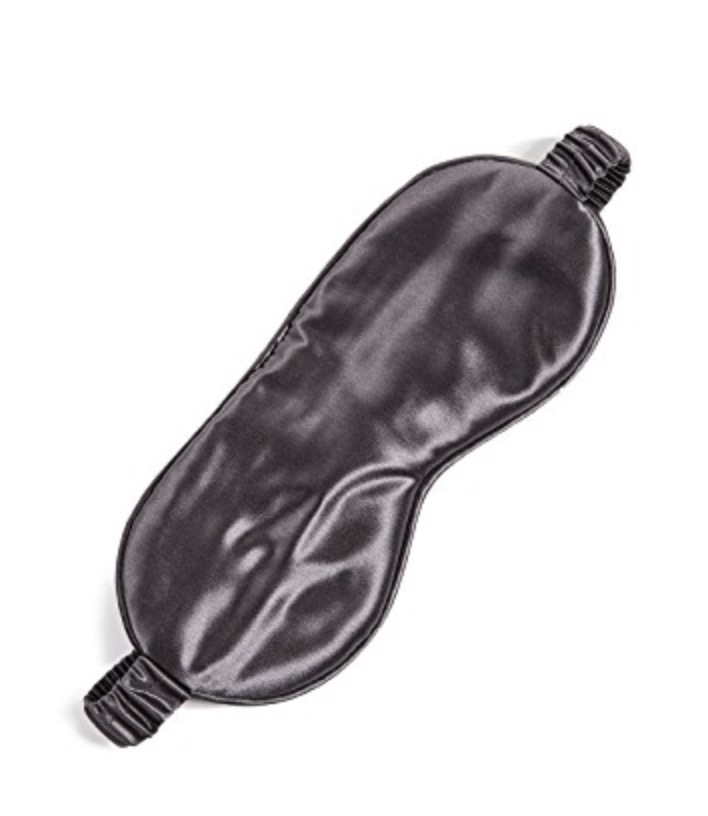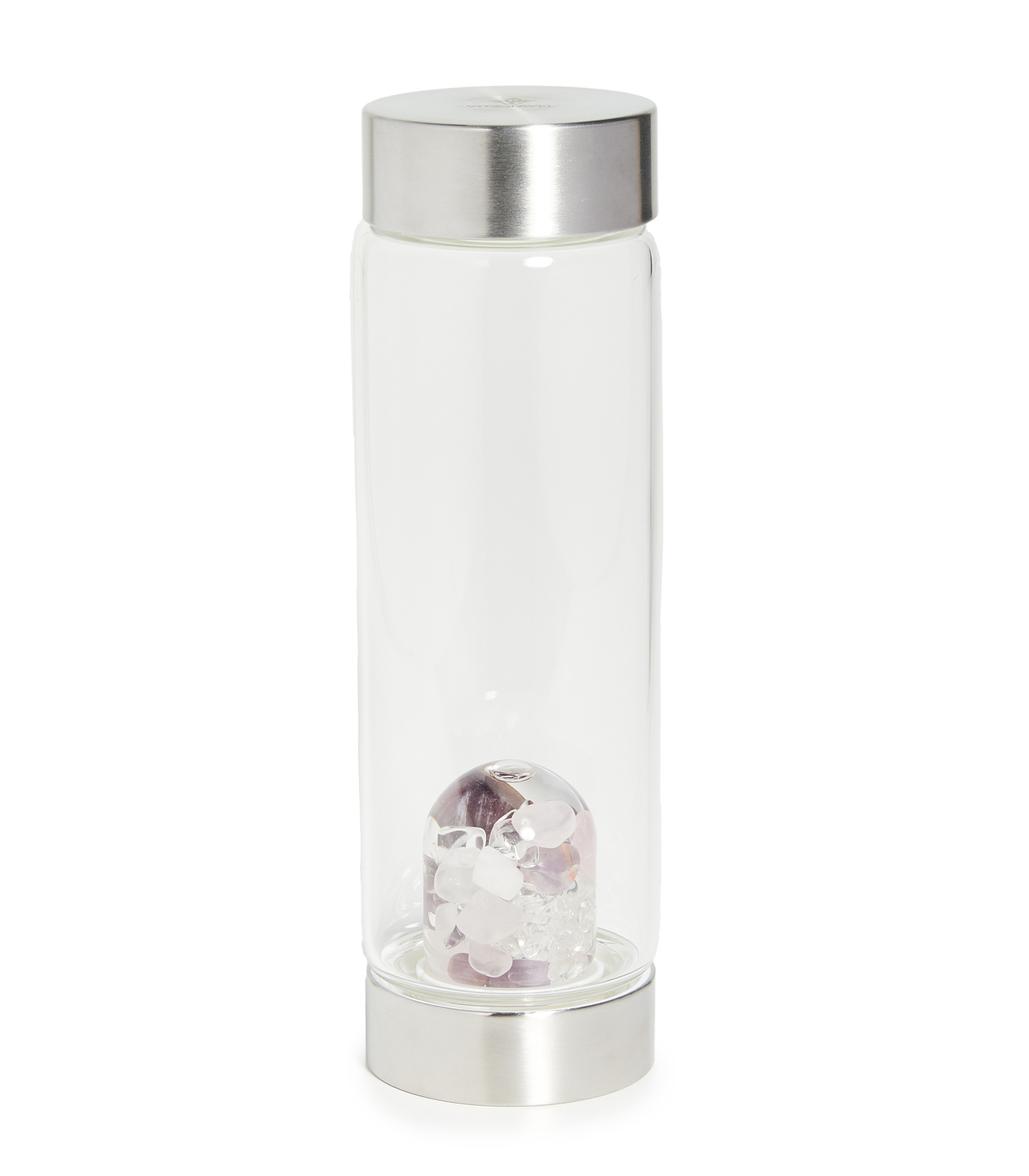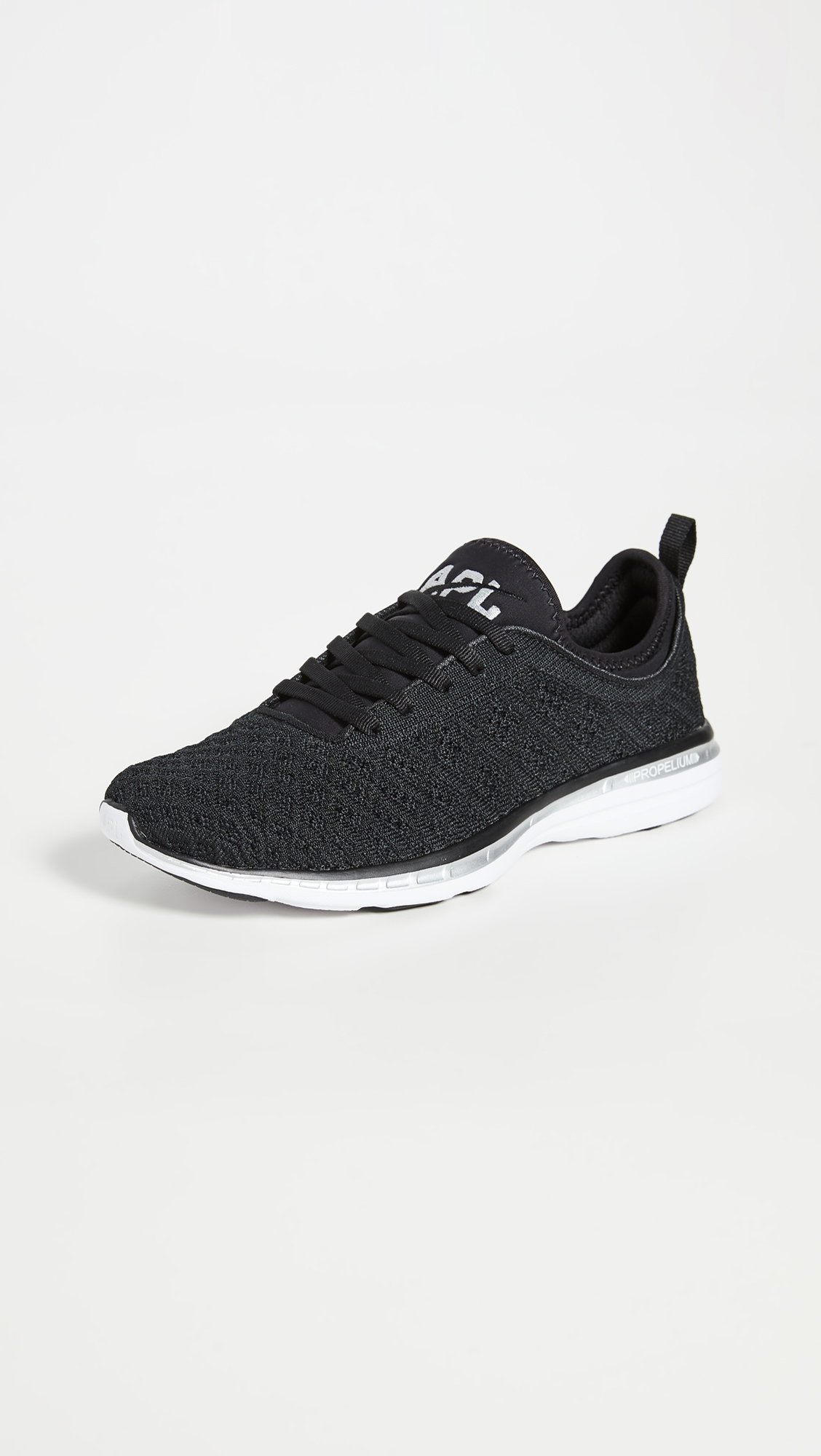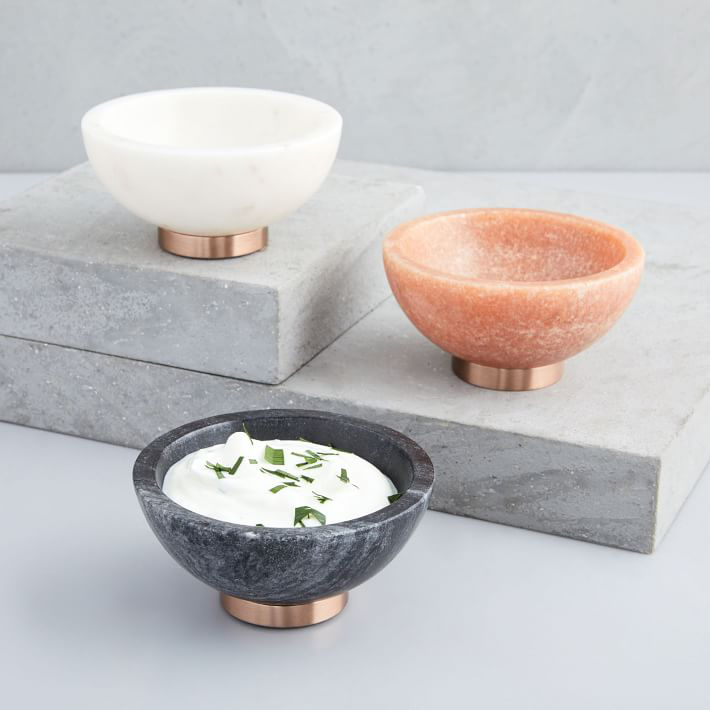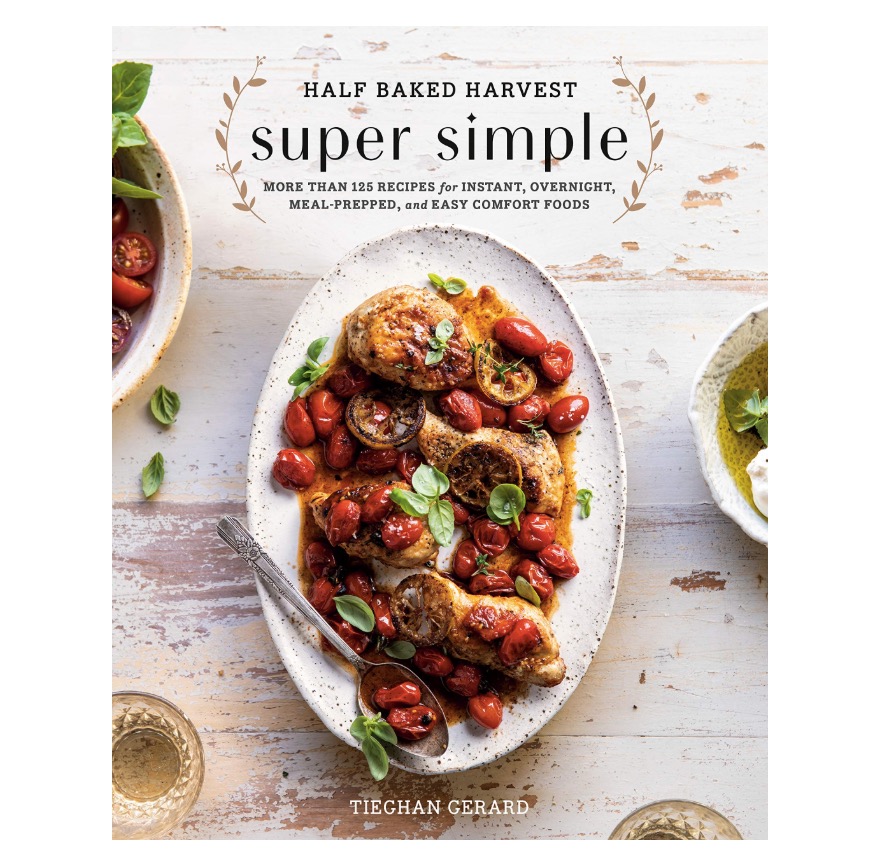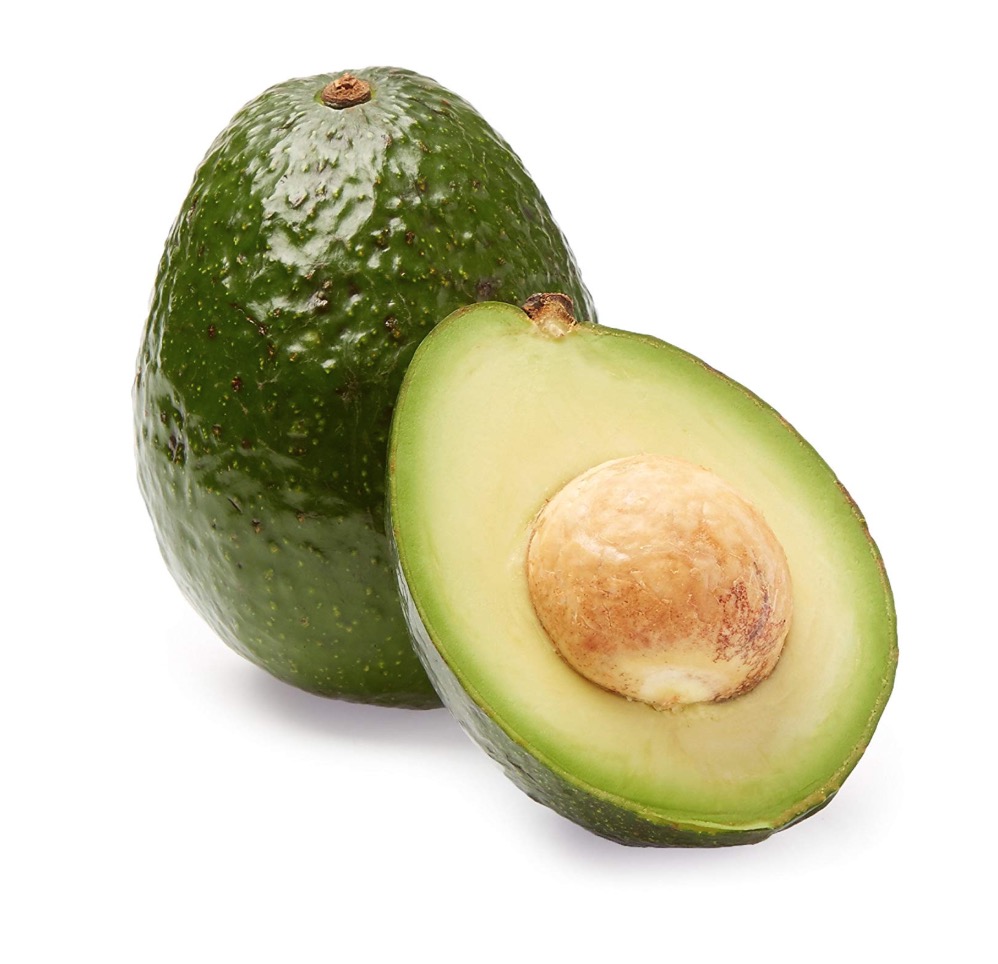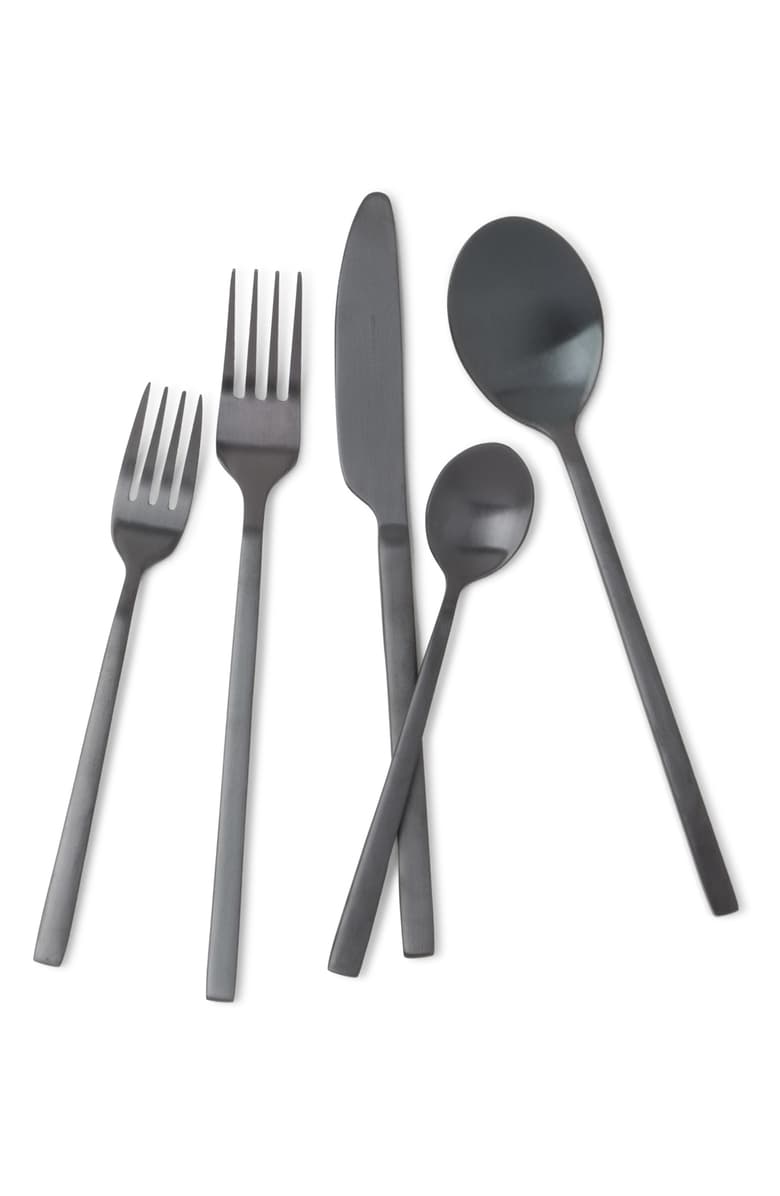The 7 Worst Things You Can Do for Your Diet, According to a Nutritionist
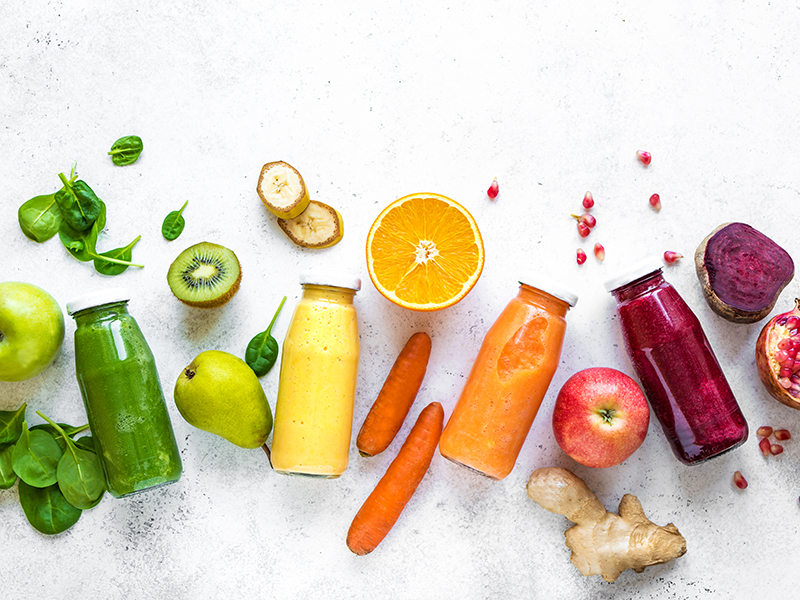
We don't need a nutritionist to tell us that prescribing to a diet of just cheeseburgers, donuts, and pizza is unhealthy. But, we are curious as to the other, more inconspicuous eating and lifestyle habits that can unknowingly derail our health and wellness goals. For example, how do lifestyle factors like sleep, hydration, and meal times actually impact our diets and overall health?
For some much-needed insight, we tapped Serena Poon, a leading chef, nutritionist, reiki master, and founder of the Culinary Alchemy eating method, which combines education, integrative and functional nutrition, and healing energy. Below, find the seven worst things you can do for your diet, in Serena's professional opinion.
1. Not getting enough sleep
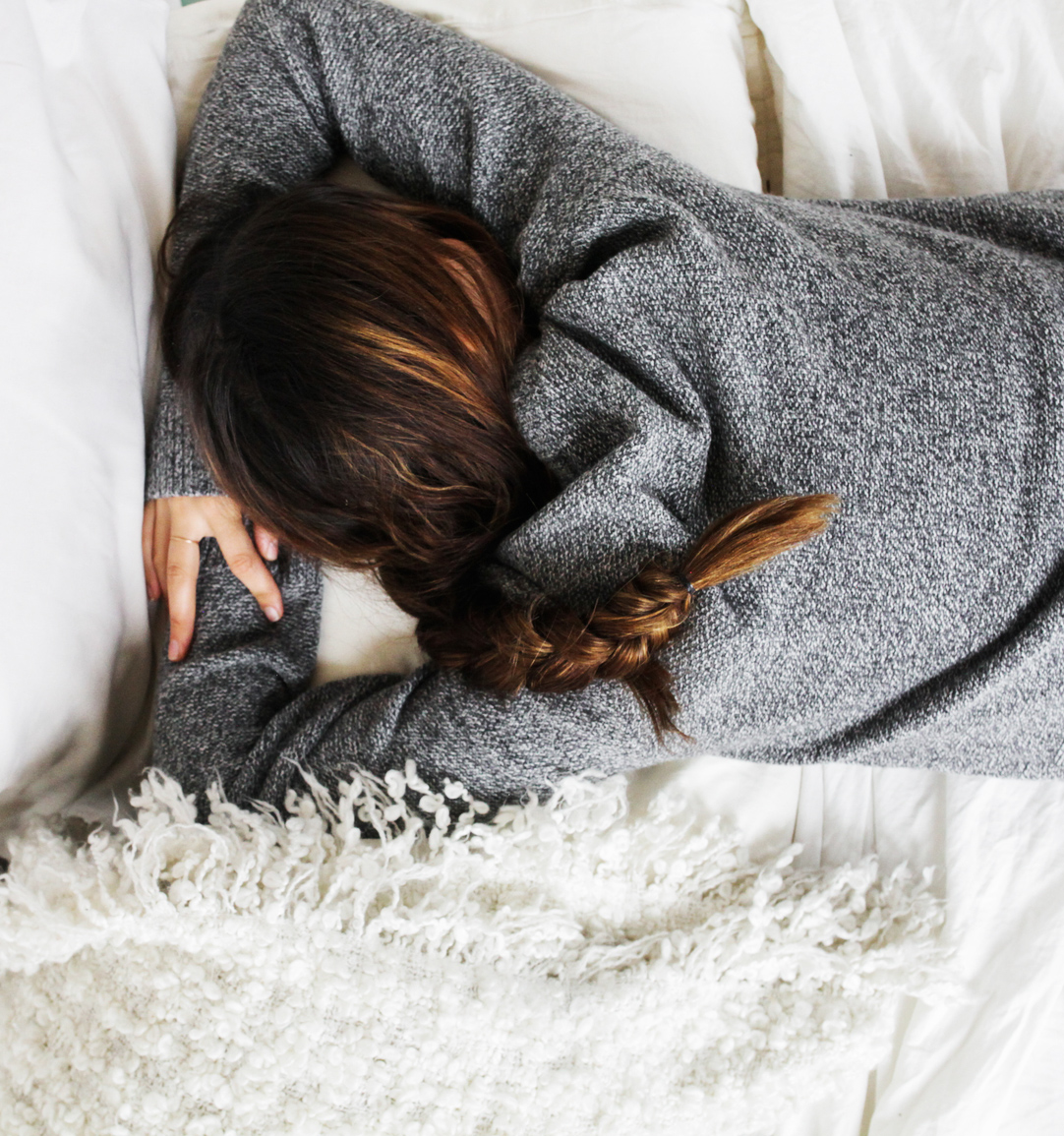
Serena immediately confirmed that sleep plays a heavy-handed role in our diets. First and foremost, a lack of sleep can disrupt your digestion. "After one night you might just feel discomfort and crave comfort foods, but if you aren't getting about eight hours of sleep on a regular basis, it could lead to bigger problems," she explains. "A long-term disruption in your digestion could lead to inflammation and chronic disease."
2. Not drinking enough water
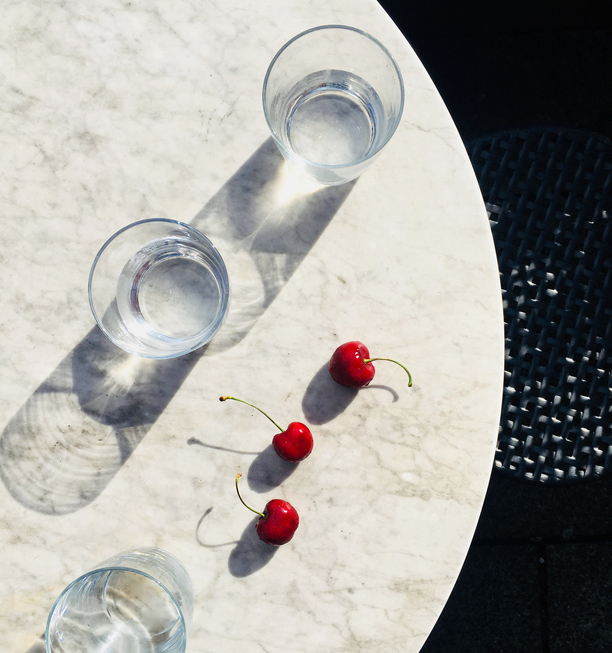
"Staying hydrated is one of the most important parts of a creating a healthy lifestyle," notes Serena. "Our bodies are made up of about 60% water and our systems, especially our kidneys, need water to operate properly." She adds that hydration can also distort our hunger cues. "Sometimes, you might think you're hungry, when all you really need is a big glass of water."
3. Emotional eating
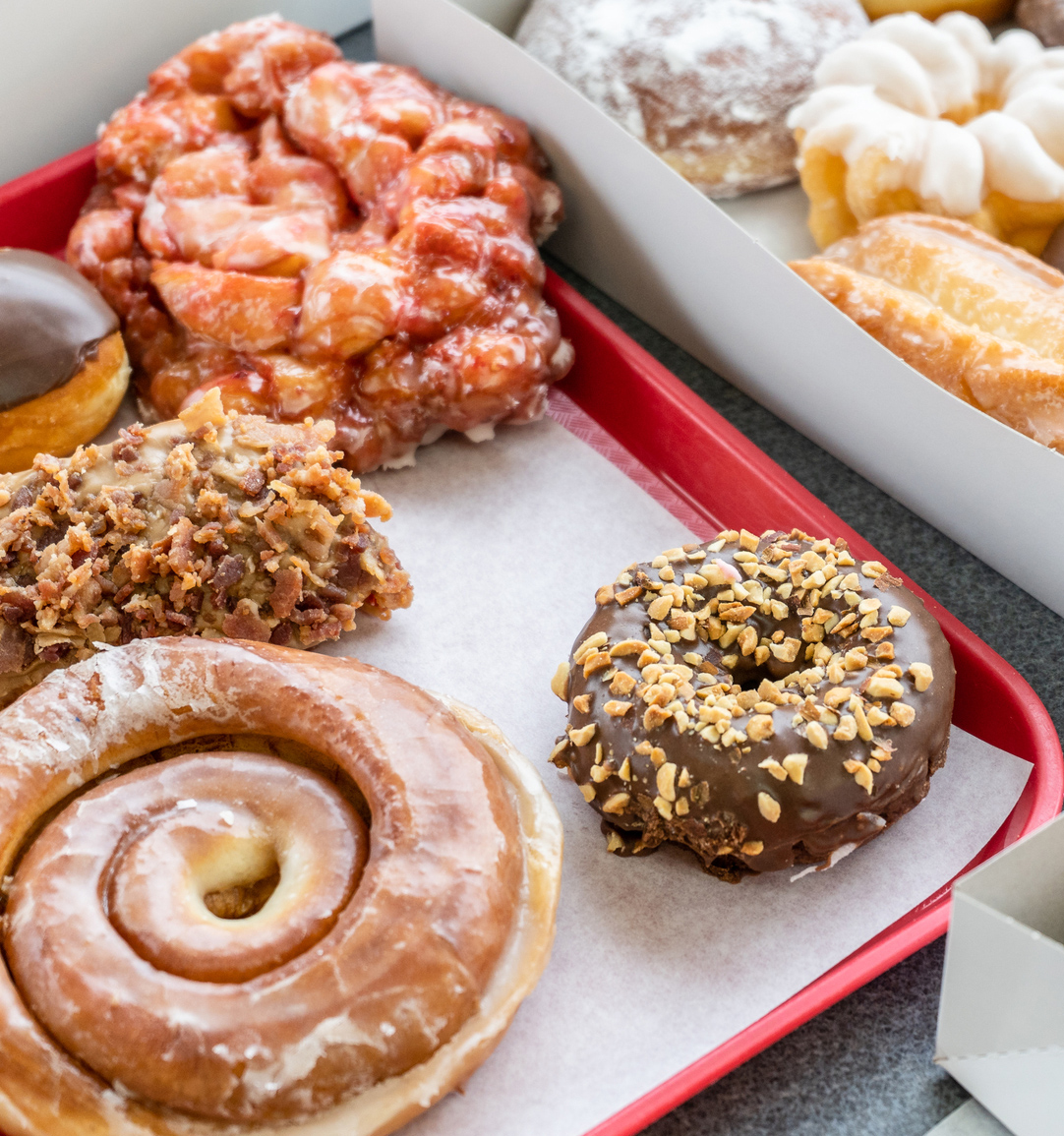
As Serena notes, the need to subconsciously alleviate stress or difficult emotions with food is incredibly common. But, "eating when you’re not hungry can confuse your body's natural hunger signals," she explains. She suggests learning your personal triggers, and taking a walk or calling a friend the next time you're tempted to reach for edible comfort.
4. Over-snacking on nuts
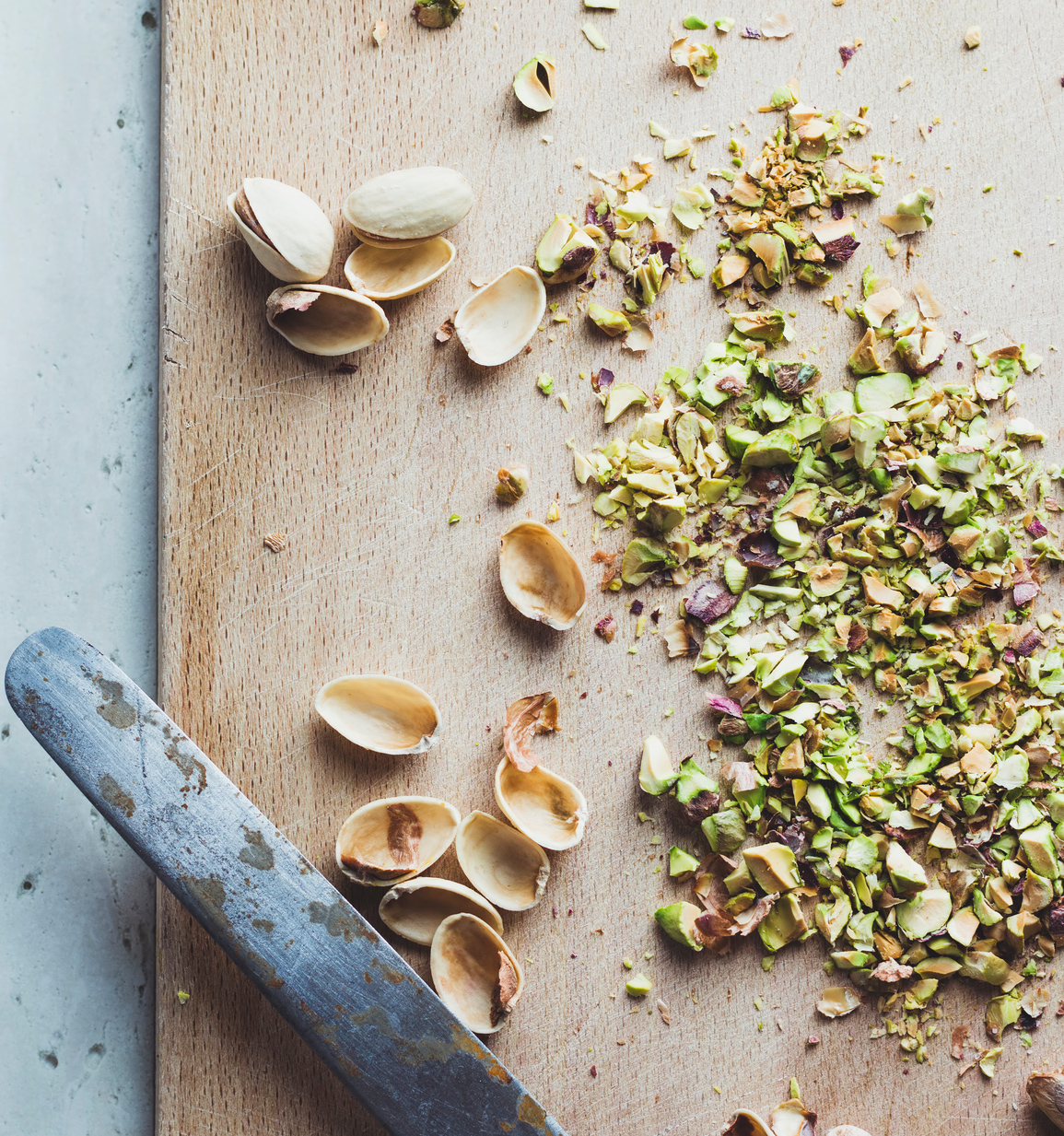
Nuts, which are packed with protein, fiber, and healthy omega-3 fatty acids, tend to be a healthy eating staple. But as Serena notes, they also have their downsides. "Even though nuts are healthy, it's important to practice portion control—they are also high in calories and fat," she explains. "About one handful of nuts a day is a good snack for most people."
5. Setting unrealistic restrictions
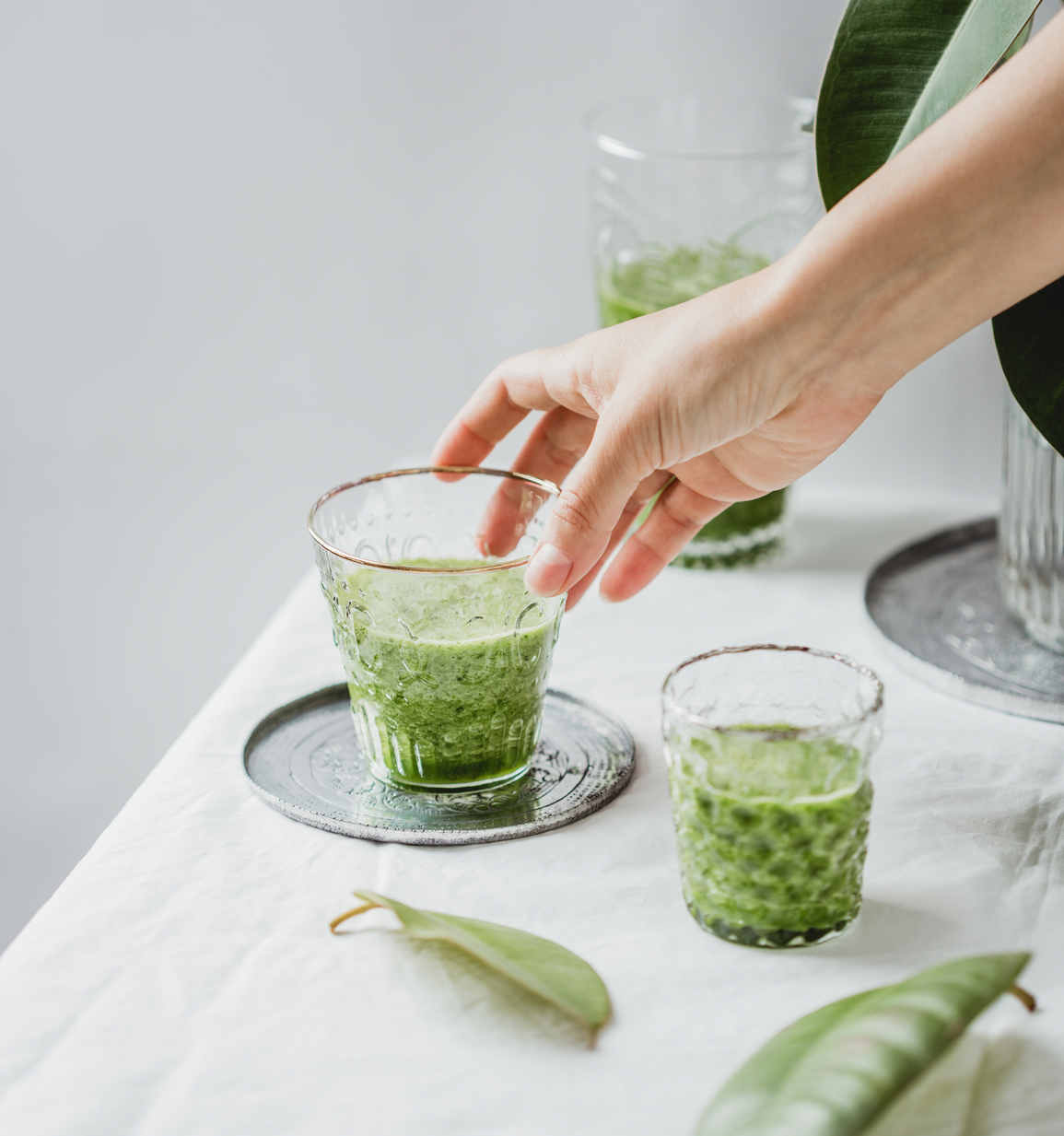
In Serena's opinion, too many people equate healthy eating with cutting out the foods they love. "This just isn’t true!" she exclaims. "One key to creating a sustainable path toward health is moderation. If you forbid yourself from anything, you may feel deprived, which may lead to binge episodes." It's all about balance and creating a realistic, sustainable eating plan.
6. Skimping on the plants
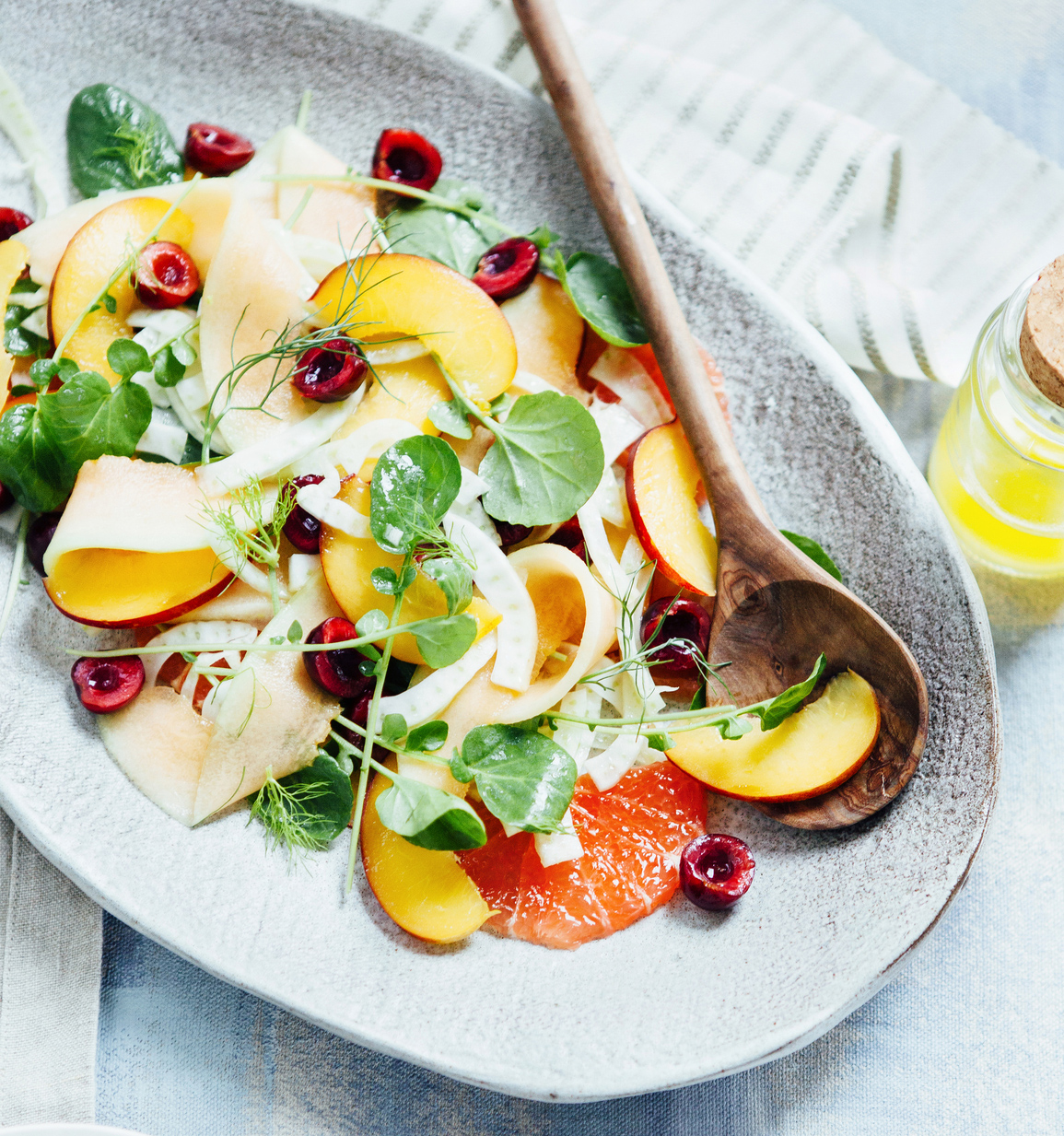
As Time magazine reported in 2017, approximately 90% of Americans don't eat enough fruits and vegetables. "Some of the diets of the moment tend to be meat and fat-heavy," she notes. "No matter what you label your diet, plant foods should make up a large percentage of what you eat." At the end of the day, no diet should every replace vitamin, mineral and antioxidant-rich fruits and vegetables.
7. Eating too fast
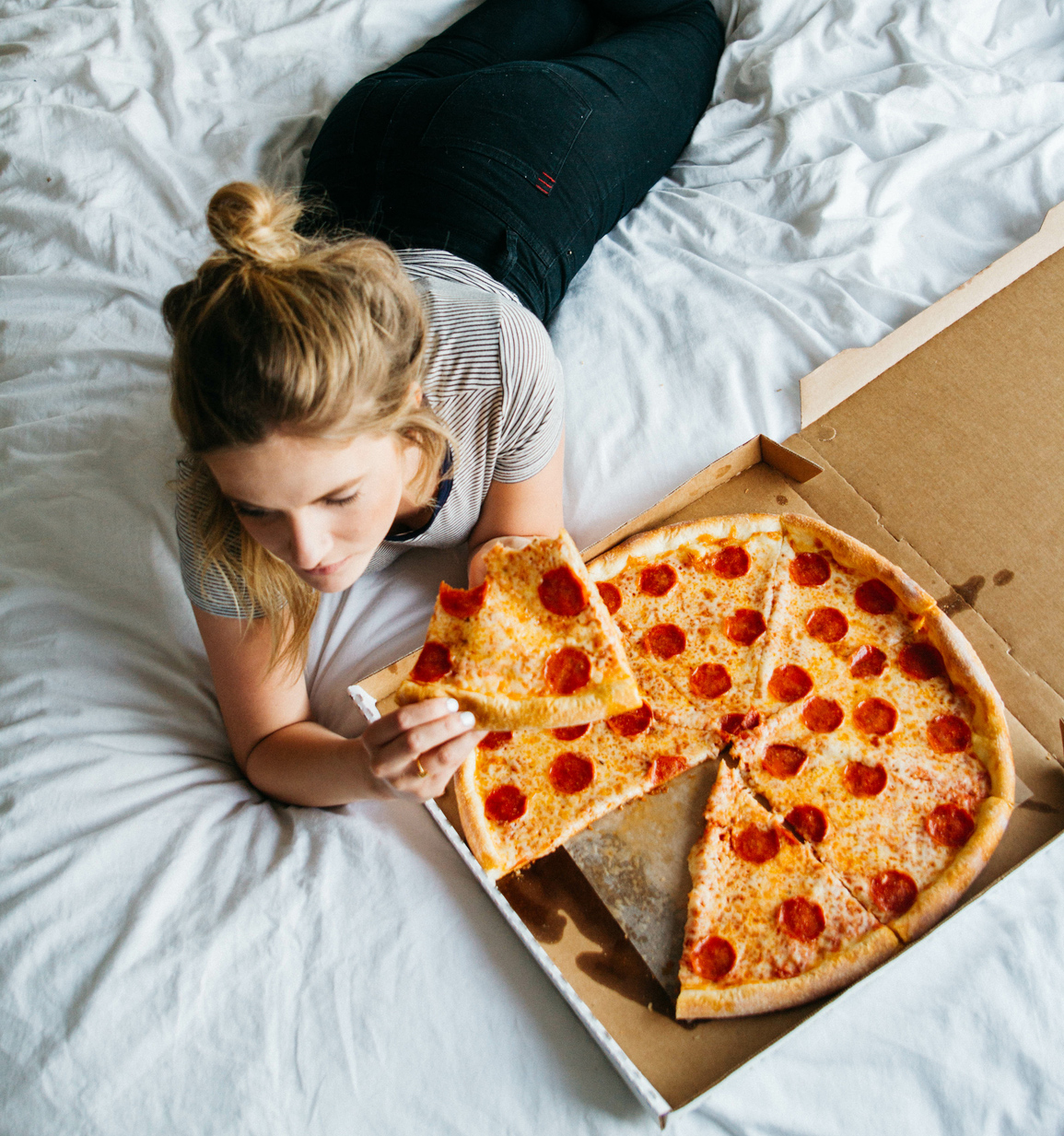
In our always-on culture, five-minute meals are commonplace—we view eating as a chore rather than something to enjoy. "The problem is, when you eat very quickly, without attention to the colors, smells, and flavors of your food, your hunger signals may not have time to alert you when you are full," she explains. "Slow, mindful eating supports greater joy and heightened awareness of your body and its needs."
This article is provided for informational purposes only and is not intended to be used in the place of advice of your physician or other medical professionals. You should always consult with your doctor or healthcare provider first with any health-related questions.
Kelsey Clark is a freelance writer and content strategist based in Detroit. She got her start in editorial in New York City as MyDomaine's lifestyle editor and has since gone full-time freelance. She now contributes to Who What Wear, THE/THIRTY, Domino, Glamour, The Zoe Report, Apartment Therapy, and more, in addition to working with brands such as Bloomscape and EyeSwoon on content strategy and copywriting. She's written about fashion, interior design, health and wellness, pop culture, food, travel, politics, and professional development, but she'd consider the first three verticals her main "beats."
